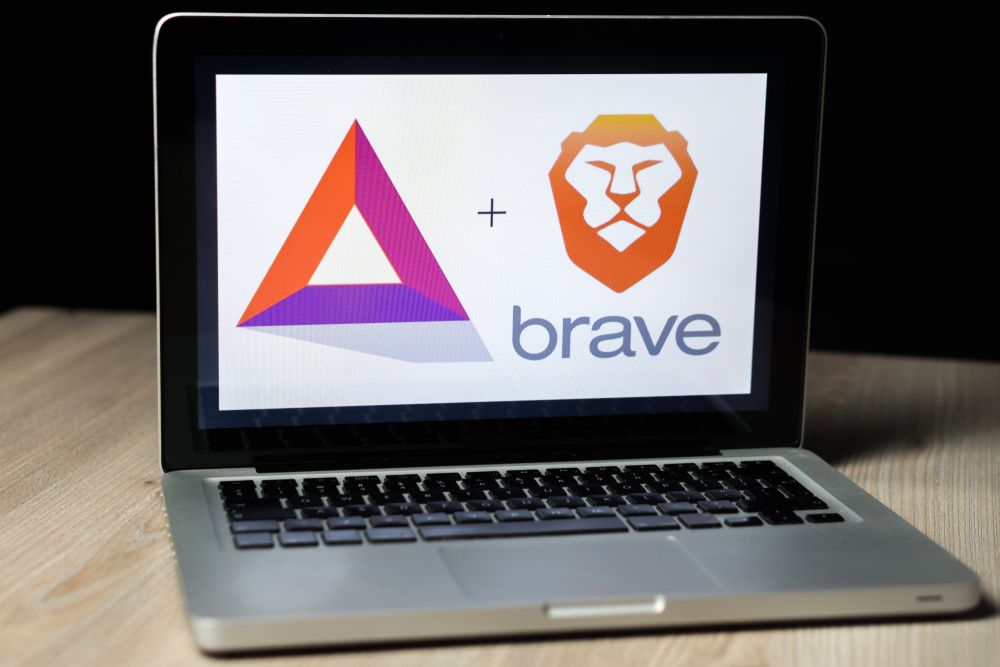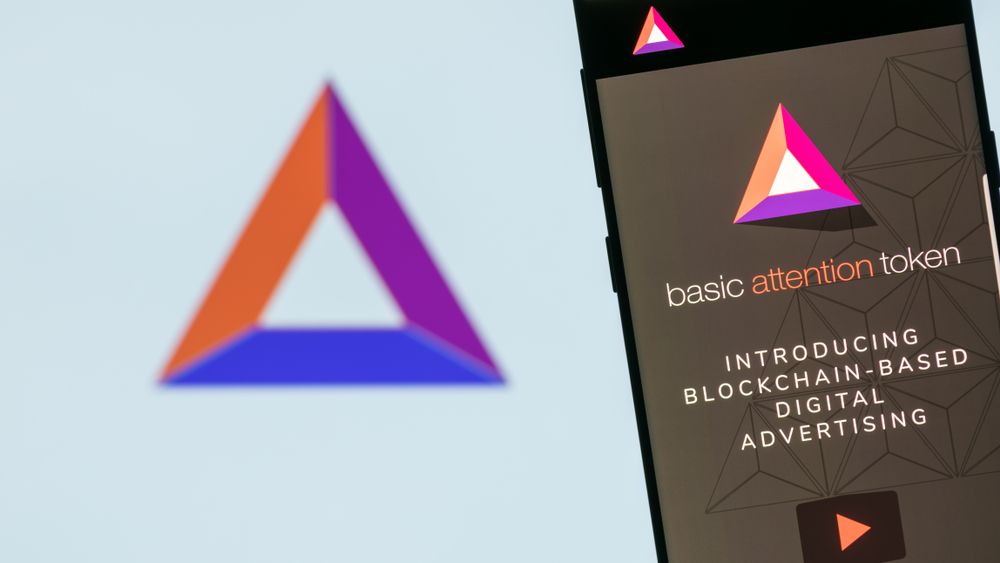Popular privacy-focused browser Brave has announced that its users will be required to verify their wallets using a government-issued ID to withdraw their BAT tokens to a third party wallet or exchange.
The wallet service will be provided by Uphold, a cryptocurrency exchange. By verifying and creating an account with the exchange, users will also be able to purchase additional BAT tokens.

Brave Browser Demands KYC for BAT Withdrawals
In a forum post, a Brave employee said that the new changes were rolled out on it Nightly Build on July 24, 2019. Users can currently earn BAT tokens by enabling advertisements and use them to tip content creators and publishers such as The Washington Post or The Guardian. However, users looking to withdraw tokens to another wallet will have to complete a KYC verification process. Brave Browser was the brainchild of Brendan Eich, creator of JavaScript and former CEO of Mozilla. In 2017, the company created the Basic Attention Token (BAT) based on Ethereum and integrated it into the browser. BAT was advertised as a decentralized method to tip and support websites and content creators in lieu of traditional advertisements. In its initial coin offering held on May 31, 2017, Brave managed to raise approximately $35 million from investors. In April of this year, the company launched the Brave Ads program, allowing users to earn BAT by viewing a few advertisements every hour.
Native Ethereum Wallet Incoming?
According to Brave, users who enable the rewards feature receive 70 percent of each advertisement’s revenue. Brave plans to partner up with a host of websites, enabling them to place ads directly next to their content. This approach will give website owners 70 percent of the revenue, while users and Brave will each receive 15 percent. Notably, users that earn BAT tokens through the rewards program are not required to comply with Uphold’s KYC requirements. Brave’s decision of using a custodial wallet solution, however, requires KYC to be completed for other actions that involve Uphold infrastructure, including withdrawals and new token deposits. Like any other cryptocurrency exchange, Uphold must comply with each region’s KYC/AML regulations and identify its users. However, in a forum post, Brave employee ‘Chriscat’ said that it will eventually introduce an Ethereum wallet within the browser itself. This will allow users to manage their on-chain Ethereum addresses and accounts from the browser directly, eliminating the need for a third-party custodial solution like Uphold. He further stated that peer-to-peer solutions do not seem viable for now because “most mainstream users and publishers do not know or want to manage their own on-chain wallet.” According to Brave, this is a blockchain adoption problem that will eventually cease to exist in a few years. Are you of the opinion that Brave should introduce a KYC-less withdrawal option for Brave users? Let us know your thoughts in the comments below. For the most simple, and hassle-free cryptocurrency purchasing experience, try XCOEX!
Top crypto projects in the US | April 2024
Trusted
Disclaimer
In adherence to the Trust Project guidelines, BeInCrypto is committed to unbiased, transparent reporting. This news article aims to provide accurate, timely information. However, readers are advised to verify facts independently and consult with a professional before making any decisions based on this content. Please note that our Terms and Conditions, Privacy Policy, and Disclaimers have been updated.

Rahul Nambiampurath
Rahul Nambiampurath's cryptocurrency journey first began in 2014 when he stumbled upon Satoshi's Bitcoin whitepaper. With a bachelor's degree in Commerce and an MBA in Finance from Sikkim Manipal University, he was among the few that first recognized the sheer untapped potential of decentralized technologies. Since then, he has helped DeFi platforms like Balancer and Sidus Heroes — a web3 metaverse — as well as CEXs like Bitso (Mexico's biggest) and Overbit to reach new heights with his...
Rahul Nambiampurath's cryptocurrency journey first began in 2014 when he stumbled upon Satoshi's Bitcoin whitepaper. With a bachelor's degree in Commerce and an MBA in Finance from Sikkim Manipal University, he was among the few that first recognized the sheer untapped potential of decentralized technologies. Since then, he has helped DeFi platforms like Balancer and Sidus Heroes — a web3 metaverse — as well as CEXs like Bitso (Mexico's biggest) and Overbit to reach new heights with his...
READ FULL BIO
Sponsored
Sponsored
